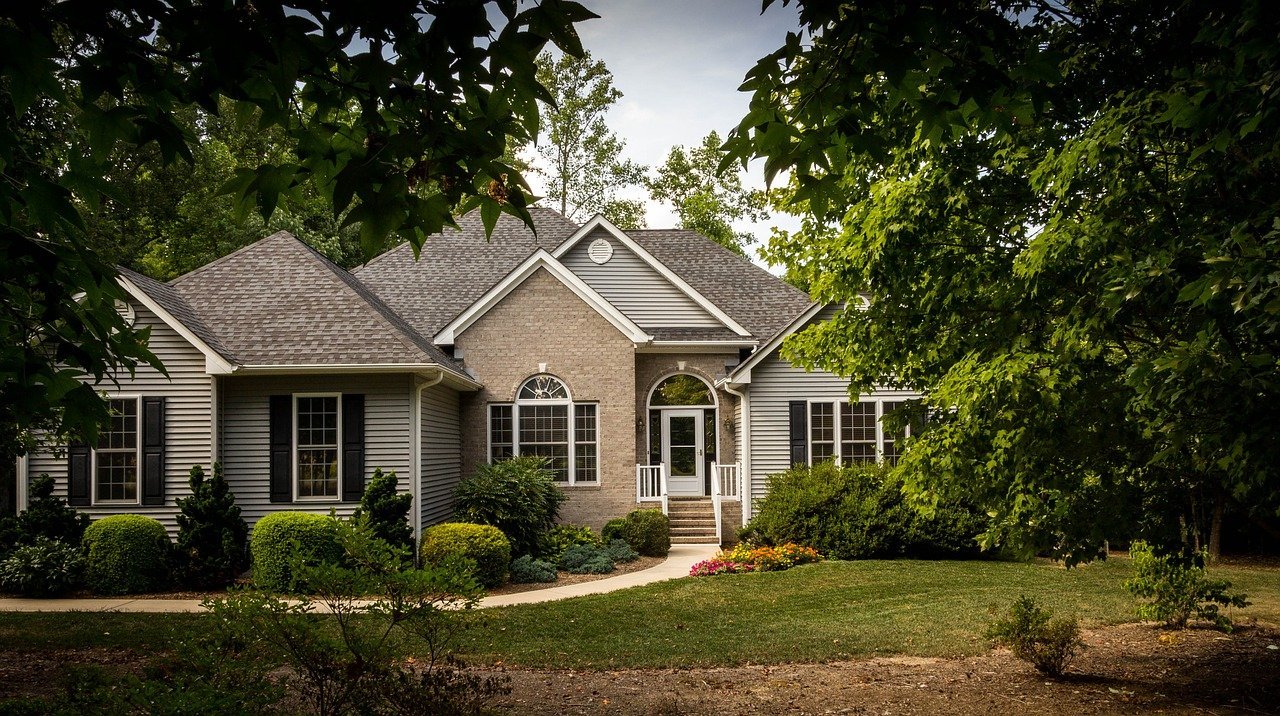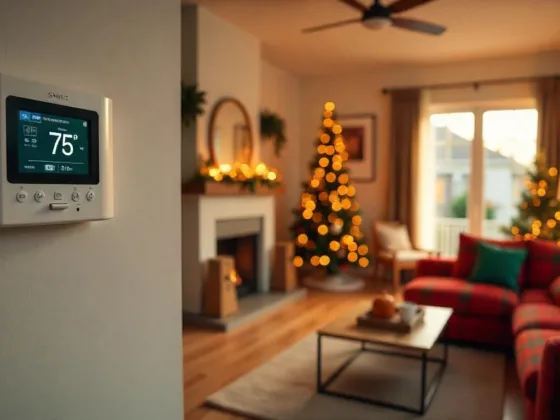Table of Contents Show
In 2020, over 842,000 homes were sold in the United States. This is a large number that shows the popularity of owning a home.
Buying a home is a huge deal and a very exciting time. However, mistakes when buying homes can sometimes hinder your progress in becoming a homeowner.

When it comes to mistakes, there’s no shortage of them. But we can help steer clear of some mistakes and make the process easier by learning from others’ mistakes.
Here are 7 mistakes that people often make when buying homes and how to avoid them.
1. You’re Not Sure How Much You’re Willing to Spend
This may seem like a no-brainer, but you should know how much money you’re willing to spend and stick with it.
Don’t buy something just because your friend did or if the house looks nice from the outside. Buying a home requires considering taxes, insurance costs, and all other expenses, so consider how much money you want/can put towards buying a home.
Spend an amount that is reasonable and affordable based on your income and lifestyle. You don’t want your entire paycheck to go toward your monthly mortgage payment.
It’s always good to have a bit of wiggle room when it comes to how much money you can spend on housing, but don’t get too crazy with this amount!
2. You’re Not Doing Your Research
This is a big one.
Doing your research on homes and neighborhoods can help you find the home that’s best for you. There are many great home-buying websites where buyers can compare home prices in certain areas to get an idea of what they should be spending their money on.
Also, talk to a real estate agent. They can help you find homes that fit your needs and home-buying budget.
Taking this extra time to learn about different properties and comparing home costs will save you both time and stress later when negotiating with sellers. Then you’ll have all sorts of knowledge at your disposal.
Read Also:
3. You’re Not Considering All of Your Options
When buying a home, you want to consider all options for homes in the area before making your decision.
You should make sure that you and your family will be comfortable in this home for years to come. This means considering schools, crime rates, commute times, and more. Be patient with yourself when researching different areas because there are many important factors at play here.
Don’t rush anything or jump into something just because it looks nice from the outside or has shiny new appliances inside. That’s not enough information about an actual home!
If you feel like any potential home is right for you and your circumstances, great. But never settle until you find what’s best for you and your family.
4. You’re Not Prepared to Negotiate
Negotiating is a huge part of home buying. This means that you should be prepared to make offers, counteroffers, and put deals on the line if need be.
You never want to feel desperate when negotiating because it can lead to some bad decisions on your end. Always keep an open mind about homes and neighborhoods even after you’ve made an offer. You may not love this home now, but some benefits only come with time (i.e., getting used to living in a new area).
Be patient during negotiations, and don’t feel like you’re losing out if you make an offer and it’s not accepted. Keep in mind that home prices fluctuate over time, so no home is ever a bad deal. The best deals are the ones where both parties come out happy with their decisions.
5. You’re Not Considering the Long-Term Costs of Buying a Home
The home-buying process can be exciting, but it shouldn’t overshadow the long-term costs of homeownership. There are many expenses to keep in mind when buying homes, which is why you should never ignore things like property taxes or home repairs.
Property tax rates vary by state and county. Do some research on this before making any decisions about where you want to buy your home.
Also, consider how much money you will need for yearly maintenance costs such as yard work and snow removal because those won’t be free. This may sound boring, but these details really matter if you plan on owning a home for years.
6. You’re Buying a Home for the Wrong Reasons
When buying homes, it’s important to make sure that you consider your home as an investment rather than something pretty.
This means finding a home with potential instead of one where all repairs have been done, and everything is up-to-date. This doesn’t mean that you should buy a home in terrible condition on purpose but doesn’t feel pressured into buying the nicest home just because everyone else wants it.
Remember: It has to be right for you first and foremost before anything else.
7. Ignoring Waterfront Homes
Waterfront homes are typically more expensive than average home prices. However, they also tend to increase in value over time, which means you will get your money’s worth out of them if you plan to live there for years.
This is one home purchase where it doesn’t hurt to be an early adopter. These properties will only become increasingly popular as our population grows and cities look for ways to expand their borders by including waterfronts.
Even though these properties are currently less common than other types, this may not always be the case. Don’t wait too long. Someone else might snag up the home before you know it. Check out these water front properties.
Avoid These Mistakes When Buying Homes
Home buying is exciting, but only if you do it right. Keep in mind that homeownership shouldn’t be taken lightly, especially when considering the potential for long-term financial benefits.
Make sure to have a home shopping strategy in place before you start looking at homes. That way, your home purchasing process goes smoothly, and you end up with something that’s best suited for your circumstances.
Follow our advice to avoid making costly mistakes when buying homes. To read more interesting articles, keep browsing our website.










